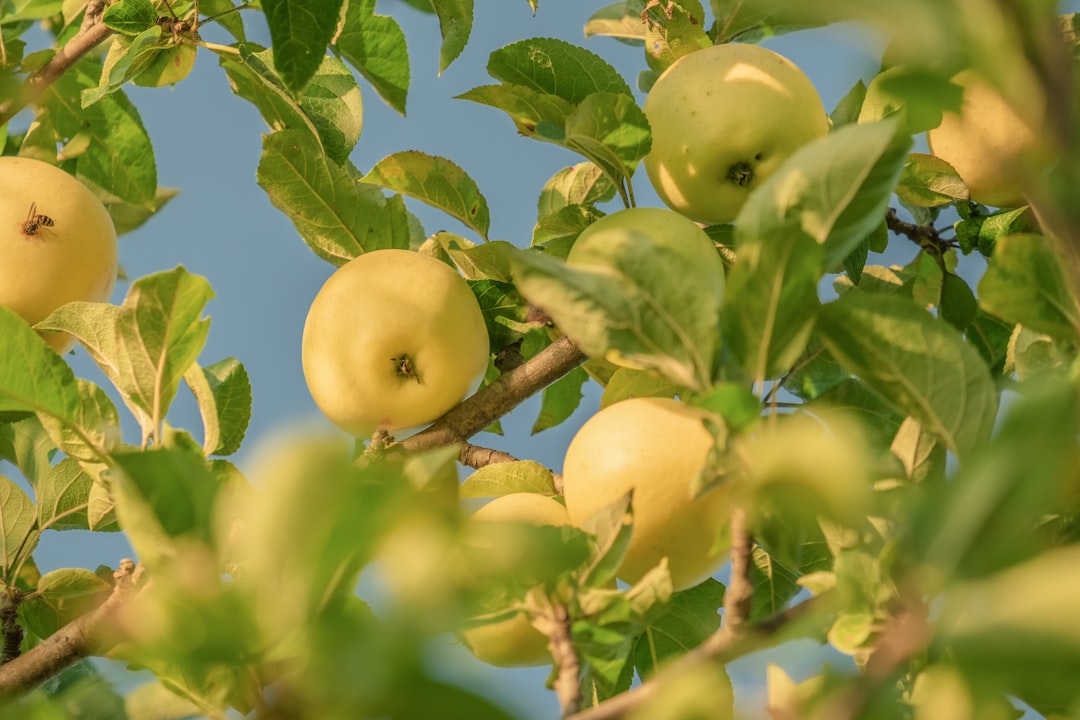Secrets to a Bountiful Vegetable Garden: Weed - Free and Flourishing

Vegetable gardening is a rewarding activity that allows you to enjoy fresh, home - grown produce. However, dealing with weeds and ensuring a good harvest can be challenging. In this article, we will explore practical strategies to help you weed less and boost your vegetable garden harvests.
One of the first steps in reducing weeds is proper soil preparation. Before planting your vegetables, take the time to clear the area of existing weeds. You can do this by using a hoe or a tiller to turn over the soil and expose the weed roots. Once the weeds are uprooted, remove them from the garden. This initial step can significantly reduce the number of weeds that will compete with your vegetables for nutrients, water, and sunlight.
Another effective strategy is to use mulch. Mulch is a layer of material that is placed on top of the soil around your plants. It can be made from various materials such as straw, wood chips, leaves, or grass clippings. Mulch serves several purposes. Firstly, it helps to suppress weed growth by blocking sunlight from reaching the weed seeds. Secondly, it helps to retain soil moisture, which is beneficial for your vegetables. Thirdly, as the mulch breaks down, it adds organic matter to the soil, improving its fertility.
When choosing a mulch, consider the type of vegetables you are growing. For example, if you are growing root vegetables like carrots or potatoes, a light - colored mulch such as straw can be a good choice as it reflects sunlight and keeps the soil cool. On the other hand, for leafy greens like lettuce or spinach, a darker mulch like wood chips can help to warm the soil in the early spring.
Companion planting is also a great way to reduce weeds and boost harvests. Companion planting involves planting different types of vegetables together that benefit each other. For example, planting marigolds near your tomatoes can help to repel nematodes, which are pests that can damage the roots of your tomato plants. Additionally, some plants have allelopathic properties, which means they release chemicals that inhibit the growth of weeds. For instance, rye grass can be planted as a cover crop in the off - season to suppress weed growth and improve soil health.
Proper spacing of your vegetable plants is crucial. When plants are spaced too closely together, they compete for resources, which can lead to stunted growth and a higher likelihood of weed infestation. Make sure to follow the recommended spacing guidelines for each type of vegetable you are growing. This will allow your plants to have enough room to grow and develop strong root systems, making them more competitive against weeds.
Watering your vegetable garden correctly is another important factor. Water deeply and infrequently rather than shallowly and often. This encourages the roots of your vegetables to grow deeper into the soil, making them more drought - tolerant and less likely to be affected by surface - dwelling weeds. Using a soaker hose or drip irrigation system can help to deliver water directly to the roots of your plants, reducing water waste and minimizing the growth of weeds that thrive in moist surface soil.
Regular maintenance is essential for a successful vegetable garden. This includes inspecting your plants regularly for signs of pests or diseases, as well as removing any weeds that do manage to sprout up. Hand - pulling weeds when they are small is much easier than trying to deal with large, established weeds. You can also use a small hand - held hoe to gently scrape the surface of the soil and remove young weeds.
Finally, consider using natural weed control methods. For example, vinegar can be used as a natural herbicide. A solution of vinegar and water can be sprayed directly on weeds to kill them. However, be careful not to spray the vinegar on your vegetables, as it can also damage them. Another natural option is to use boiling water to pour on weeds. This is a simple and effective way to get rid of weeds in areas where you don't want to use chemicals.
In conclusion, by implementing these practical strategies, you can reduce the amount of time and effort spent weeding your vegetable garden and increase your harvests. From proper soil preparation and mulching to companion planting and natural weed control, there are many ways to create a healthy and productive vegetable garden. So, roll up your sleeves and start applying these tips to enjoy a bountiful harvest of fresh, delicious vegetables.